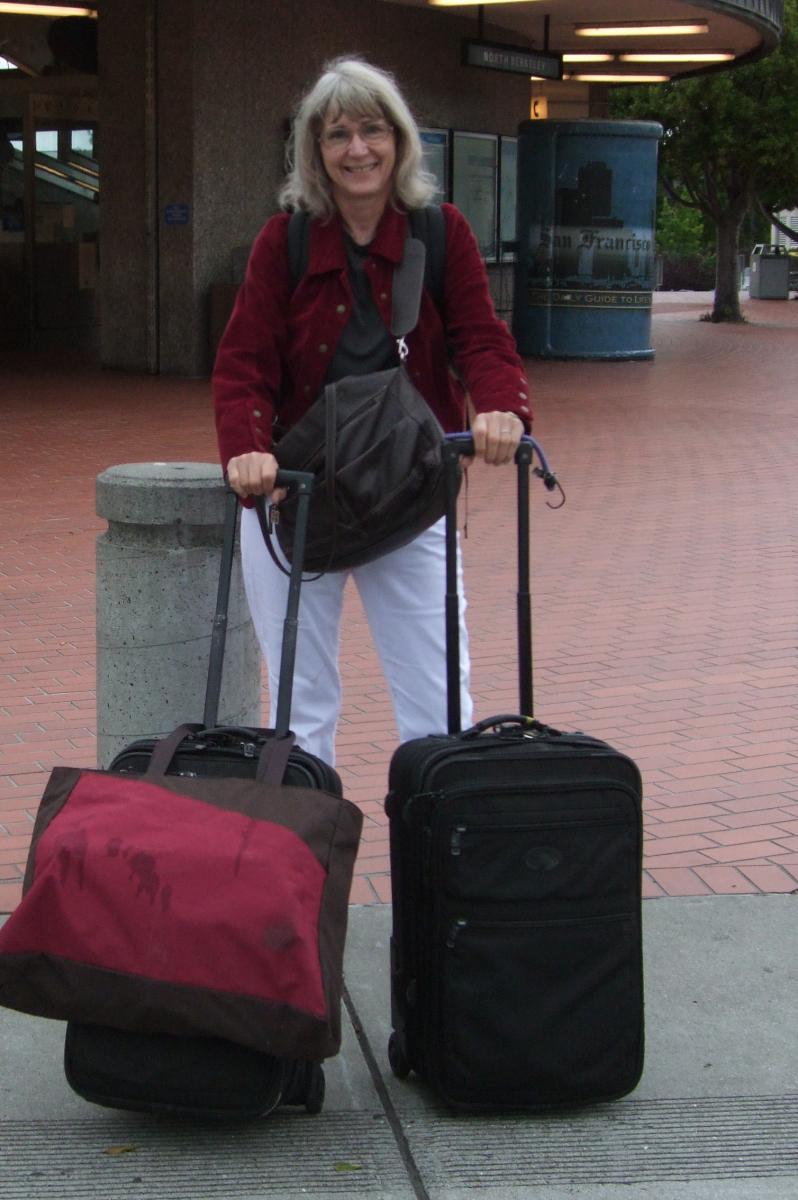“You seem to be traveling all the time” is a comment I get a lot. I don’t actually travel all the time, but some months are busier than others. Some of my travel is to give presentations, which are listed with all NCSE staff and board member presentations here. When a staff member gives a talk somewhere, the office will usually send out a notice to NCSE members in the area, in case they wish to attend.
 But some of my travel is nonpublic, such as my trip last week to Washington, DC to attend a National Academy of Sciences meeting of the DBASSE committee. The Division of Behavioral and Social Sciences and Education is the source of NAS reports in those subject areas, and the DBASSE committee is the oversight committee for this division. DBASSE (as do other Divisions) has several Boards headed by staff members that do the work of carrying out the many steps resulting in the production of the influential NAS committee reports that advise the government, or other institutions that solicit expertise from the NAS. Many of these are free, and range over many natural sciences as well as social sciences. If you haven’t checked them out, give a look. I’ve been on the DBASSE committee for a year.
But some of my travel is nonpublic, such as my trip last week to Washington, DC to attend a National Academy of Sciences meeting of the DBASSE committee. The Division of Behavioral and Social Sciences and Education is the source of NAS reports in those subject areas, and the DBASSE committee is the oversight committee for this division. DBASSE (as do other Divisions) has several Boards headed by staff members that do the work of carrying out the many steps resulting in the production of the influential NAS committee reports that advise the government, or other institutions that solicit expertise from the NAS. Many of these are free, and range over many natural sciences as well as social sciences. If you haven’t checked them out, give a look. I’ve been on the DBASSE committee for a year.
In between meetings, DBASSE committee members are called upon to review selected NAS reports in their area of expertise. The meetings themselves are full of ideas, as the committee members are people who are leaders in a variety of social science fields. Last week’s two-day meeting was no exception. There was too much to summarize in a blog post, but a topic of major concern was the apparent attack on the funding of social science research at the National Science Foundation and the National Institutes of Health.
We know that science is politicized. How can we communicate to decision-makers the importance of social science research? To some, it is obvious that the security of the US depends on, for example, understanding that–as evidence-based research has shown–cultural responses to some military activities results in an increase in terrorism, rather than a decrease. Policing in areas of a city identified by computer modeling of crime “hot spots”–determined with input from sociological and anthropological research–has resulted in reduction of crime in several cities. And on and on.
But it’s also important to realize that not all important research has immediate application or seems “necessary”. Recent legislation requires all political science research funded by the NSF to promote “national security or the economic interests of the United States”. (The sausage-making is described here).
This is deplorable. It’s great if research has immediate practical application, but much research is conducted to understand basic principles. Downstream applications of science may result in outcomes undreamed of at the time of the research, and this is true of social science as well as natural science. After all, social network theory was developed long before the applications of social media: arguably it dates back to the 1800s. Good thing Durkheim and Talcott Parsons didn’t have to go to NSF for funding.
Requiring practical application for scientific research–social or otherwise–is a bad precedent. It hurts science, and that hurts all of us.

